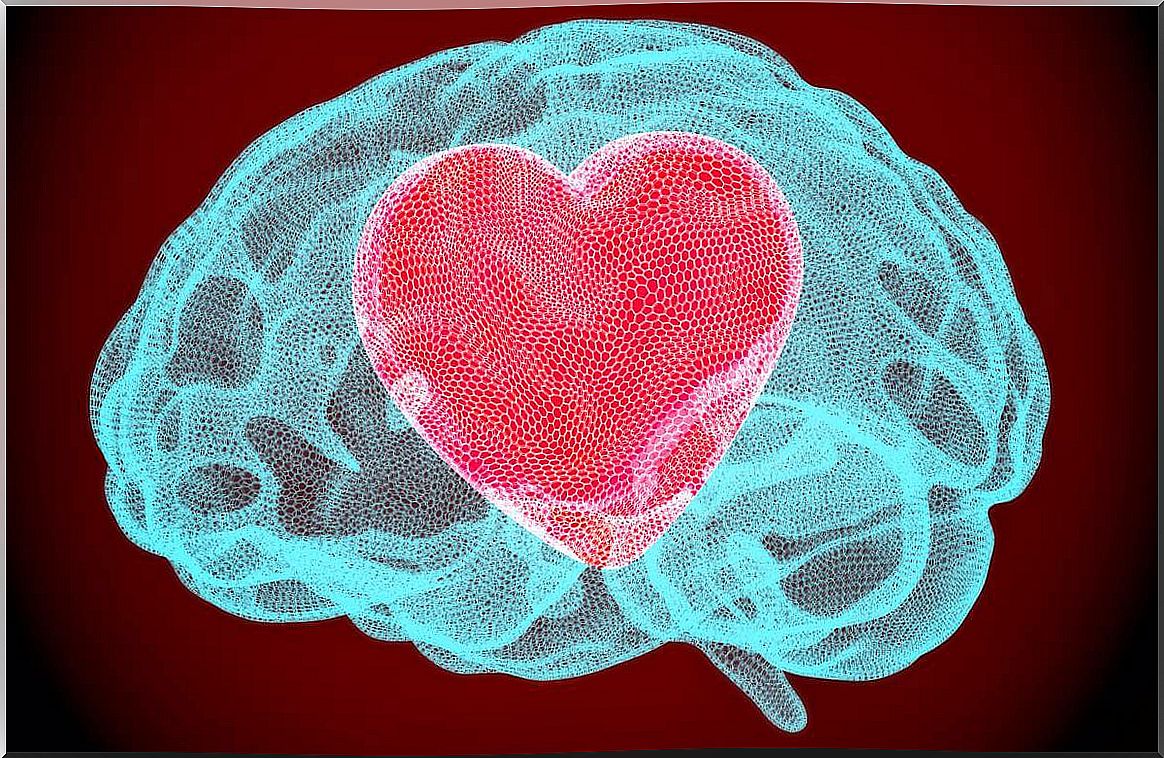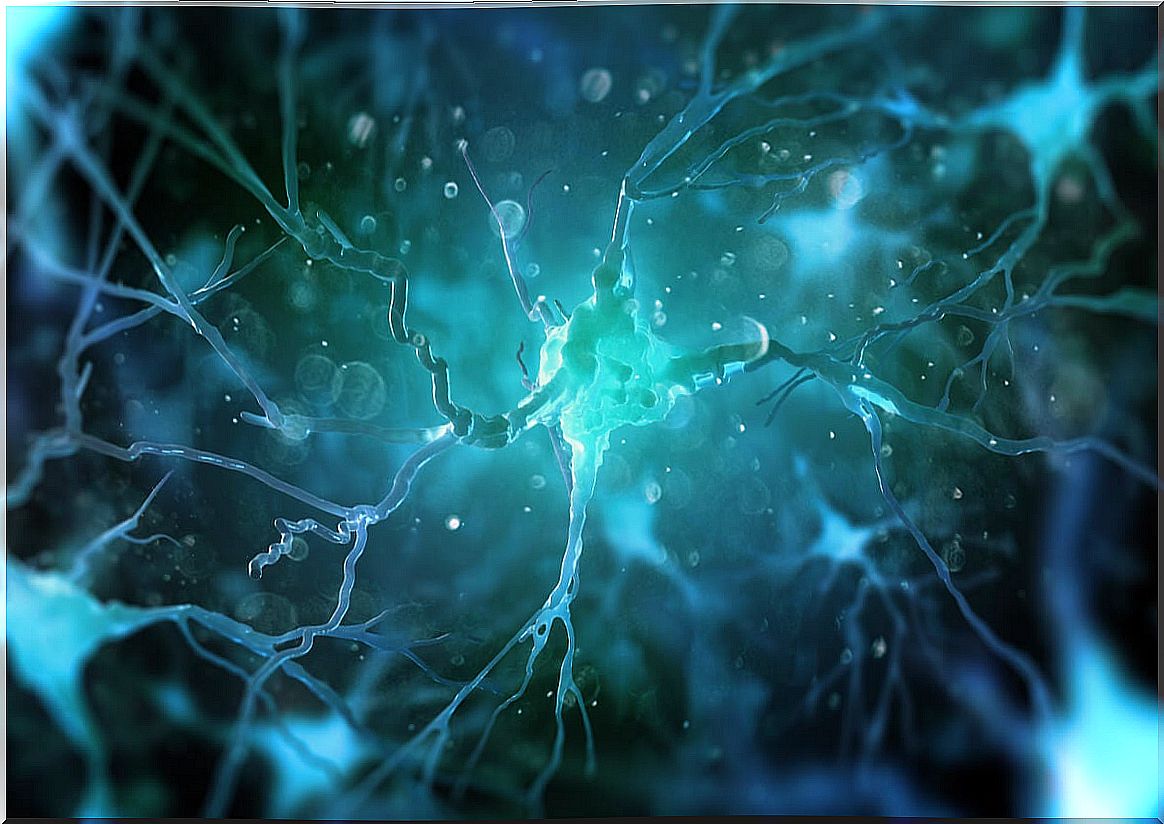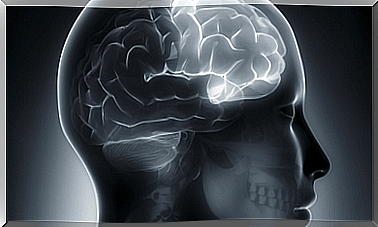Neurobiology Of Forgiveness: This Is How The Brain Changes When We Forgive

It is often said that to err is human and to forgive is a divine act. However, the neurobiology of forgiveness would add that few acts are actually that healthy for people. This mental state that one usually reaches, not without some effort, meditation and will, orchestrates a series of changes that reduce from stress to emotions such as anger.
Sometimes it is difficult to take the step and there is no shortage of those who, in their full right, choose not to forgive those who once caused them harm. However, if from a psychological point of view we already knew that trying this action reverts to mental well-being, neuroscientists now point out that this process is capable of modeling the brain.
Many times we do not seek a reconciliation with forgiveness. Sometimes the simplest goal is to find relief. In a part of the cases, this behavior is exercised to close stages, let go of the weight of resentment and advance in a more integral way , in a more balanced way. All this reverses directly in multiple brain areas.
Let’s learn how the brain changes when we forgive.

Neurobiology of forgiveness: what does it consist of?
Forgiveness involves a change in the mental state of a person who decides for himself to reduce emotions such as hatred, anger or resentment caused by an unjust act. It is an act that implies a cognitive reformulation (thoughts), an adequate emotional regulation and a mental tendency not to constantly look at the past, at what has already happened.
All this requires effort, will and commitment, which translates into activating a series of very specific mechanisms in the brain. Let’s dive into the neurobiology of forgiveness.
There are people more likely to forgive, the key is in the anterior superior temporal sulcus
A study by the SISSA Institute in Trieste, published in Scientific Reports, points out something interesting. There are people who are more inclined to exercise forgiveness than others. The key is in the brain and, specifically, in the superior temporal sulcus. Apparently the more gray matter there is in that groove of the brain, the more likely it is that someone will exercise forgiveness.
Thus, those who show a more developed superior temporal groove, not only demonstrate more indulgent behaviors, but also have greater abilities to connect with the emotional realities of others. This helps them more effectively detect behaviors such as regret.
The left dorsolateral prefrontal cortex: forgiveness as a technique to reduce depression
The neurobiology of forgiveness gives us another piece of information that is worth taking into account. Diagnostic techniques reveal that people with a larger left dorsolateral prefrontal cortex are also more likely to exercise forgiveness. However, this is not all. Because having this more developed brain region correlates with a lower incidence of depressive disorders.
Somehow, those who were able to forgive — and forgive themselves — showed a lower risk of suffering from anxiety or depression.
Neurobiology of forgiveness and emotional regulation
A joint investigation carried out by the universities of Pisa, Rome and Illinois in the United States also affects the relationship between the dorsolateral prefrontal cortex and forgiveness. However, they go a little further:
- The dorsolateral prefrontal cortex favors emotional regulation.
- Likewise, processes such as empathy, the regulation of anger, anger and resentment, as well as all the processes associated with the theory of mind, activate the lower right parietal regions of the brain, as well as the dorsolateral prefrontal cortex itself.
Therefore, there would be a neurological pathway associated with the processes of forgiveness that some people have more developed than others.
Forgiving activates the processes of psychological well-being
Something that should be kept in mind about the exercise of forgiveness is that its purpose is not to forget what happened. Exercising forgiveness allows you to learn to live with what happened, reduce anguish and, in turn, guide the person towards the future and hope.
As we well know, and as the neurobiology of forgiveness tells us, this is not a simple process. The brain sets in motion processes of analysis, reflection, emotional regulation and even planning. It is trying to project into the future and not so much in the pain of the past.
All this has a large number of benefits at the neurological level:
- Stress, discomfort, anguish are reduced …
- Cognitive control mechanisms are recovered. The person has a greater control over his thoughts.
- Likewise, executive functions such as perspective taking, attention, the ability to solve problems, memory, selective attention, etc. are optimized.

Forgiving yourself, another wellness exercise for the brain
It is difficult to talk about the neurobiology of forgiveness without referring to self-forgiveness. Stop judging ourselves for mistakes made, for what was done or even for what was not done provides us with well-being. We cannot neglect the mental impact of reinforcing regret and those emotions that anchor us to emotional and physiological discomfort.
Therefore, being able to be empathetic and compassionate with ourselves to forgive ourselves, reduces, for example, that hyperactivity of the sympathetic system that occurs with nervousness, insomnia and somatic diseases. So, let us not hesitate to take the step, forgiving and forgiving ourselves is an exercise in courage and well-being that can change our lives.









